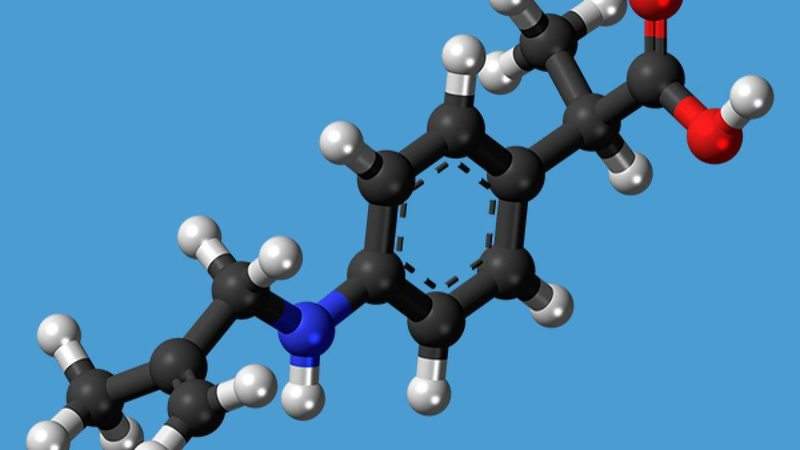
Researchers from the University of North Carolina’s (UNC) Eshelman School of Pharmacy have developed a new artificial intelligence system that can teach itself to create new drug candidates from scratch.
Called Reinforcement Learning for Structural Evolution (ReLeaSE), the new approach is expected to potentially expedite the design and development of new drugs.

Discover B2B Marketing That Performs
Combine business intelligence and editorial excellence to reach engaged professionals across 36 leading media platforms.
The algorithm and computer programme features two neural networks, one of which carries knowledge on chemical structures for nearly 1.7 million biologically active molecules.
The second network learns from the first one, over time, and proposes molecules with potential as new therapeutics.
ReLeaSE falls under the area of virtual screening, a computational method commonly used in the pharmaceutical sector to identify viable drug candidates.
While virtual screening works with known chemicals, the new artificial intelligence system is said to possess the capability to design and assess new molecules.

US Tariffs are shifting - will you react or anticipate?
Don’t let policy changes catch you off guard. Stay proactive with real-time data and expert analysis.
By GlobalDataUNC Eshelman School of Pharmacy researcher Alexander Tropsha said: “If we compare this process to learning a language, then after the student learns the molecular alphabet and the rules of the language, they can create new ‘words’ or molecules.
“If the new molecule is realistic and has the desired effect, the teacher approves. If not, the teacher disapproves, forcing the student to avoid bad molecules and create good ones.”
Another Eshelman School of Pharmacy researcher Olexandr Isayev said: “A scientist using virtual screening is like a customer ordering in a restaurant. What can be ordered is usually limited by the menu. We want to give scientists a grocery store and a personal chef who can create any dish they want.”
The researchers have utilised ReLeaSE to generate molecules with various desired properties such as desired bioactivity and safety profiles.
The artificial intelligence system was able to design molecules with customised physical properties, including melting point and solubility in water, and new compounds with inhibitory activity against an enzyme related to leukaemia.




